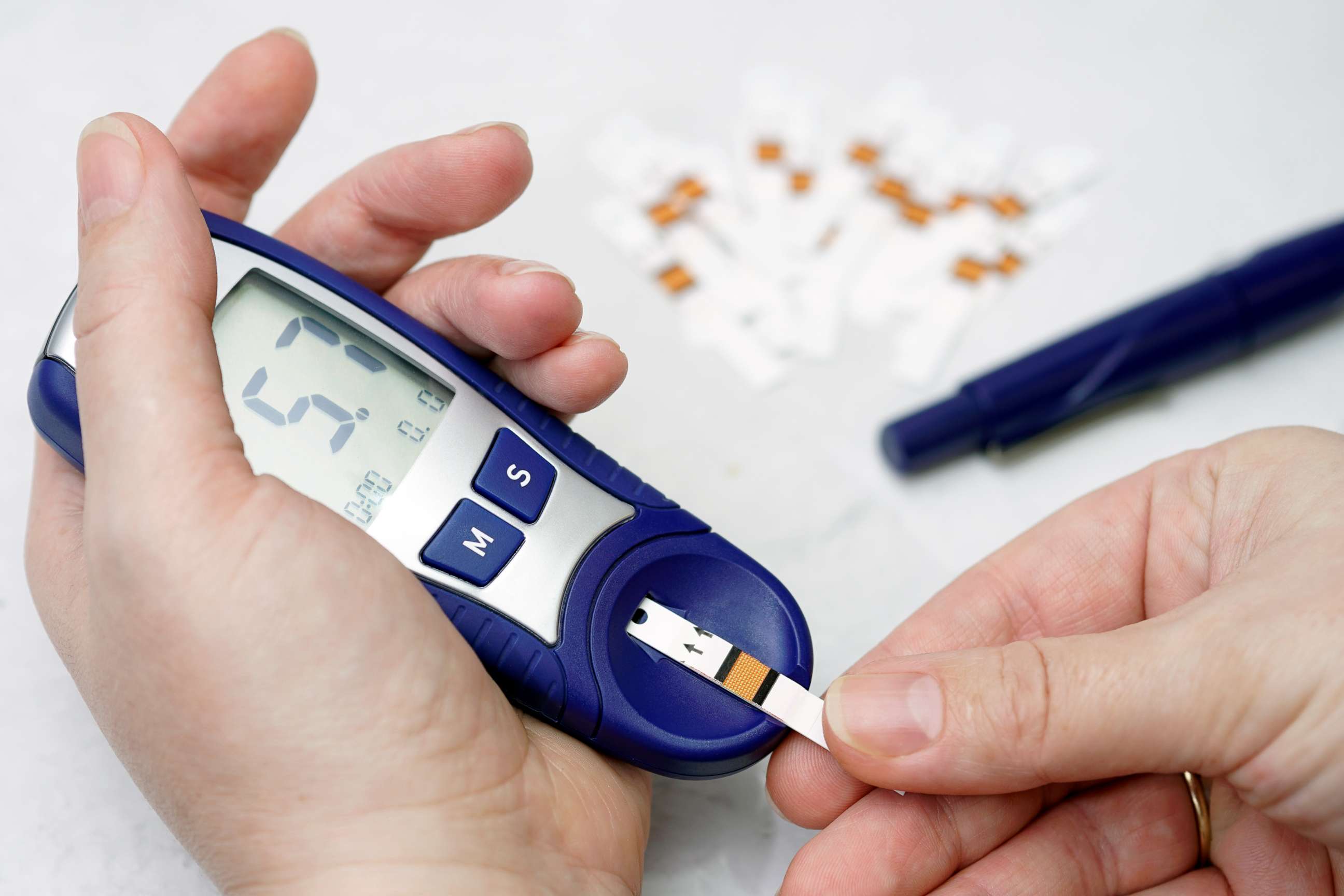 Boys at Risk: The Link between Sweetened Beverages and Diabetes
Boys at Risk: The Link between Sweetened Beverages and Diabetes
It has long been known that consuming sweetened beverages regularly can have negative health effects. Now, a new study suggests that boys who drink these sugary drinks on a regular basis may be at a higher risk of developing Type 2 diabetes during adolescence.
The study, which gathered data from a research project involving women and their children, found that boys who consumed sweetened beverages and fruit juices throughout their childhood were more likely to develop Type 2 diabetes in middle age compared to girls who had the same consumption habits.
The researchers discovered that the regular consumption of sweetened beverages and fruit juices during childhood and adolescence significantly increases the risk of insulin resistance, which is a precursor to Type 2 diabetes. In fact, the daily consumption of these drinks during childhood can increase the risk of insulin resistance by up to 34%.
Interestingly, the study also revealed that fresh fruits do not pose an increased risk of Type 2 diabetes. On the other hand, dried fruits were associated with a lower risk. This suggests that it is specifically the consumption of sweetened beverages and pure fruit juices that contribute to the development of diabetes.
While the findings are preliminary and further research is needed to fully understand the association between sweetened beverages and diabetes, the researchers believe that they have uncovered a potential link. The fact that the results are consistent with previous studies on the topic adds weight to their findings.
One aspect that puzzled the researchers was why boys seem to face a higher risk of diabetes compared to girls. Unfortunately, the study did not provide a clear explanation for this gender difference. As a result, the researchers concluded that further investigation is necessary to shed light on this aspect of the association.
In conclusion, this study highlights the potential dangers of consuming sweetened beverages, particularly for boys. The findings suggest that reducing or eliminating the intake of these sugary drinks can play a crucial role in preventing the development of Type 2 diabetes. It is important for parents and healthcare professionals to be aware of these risks and to promote healthier beverage choices for children and adolescents.

